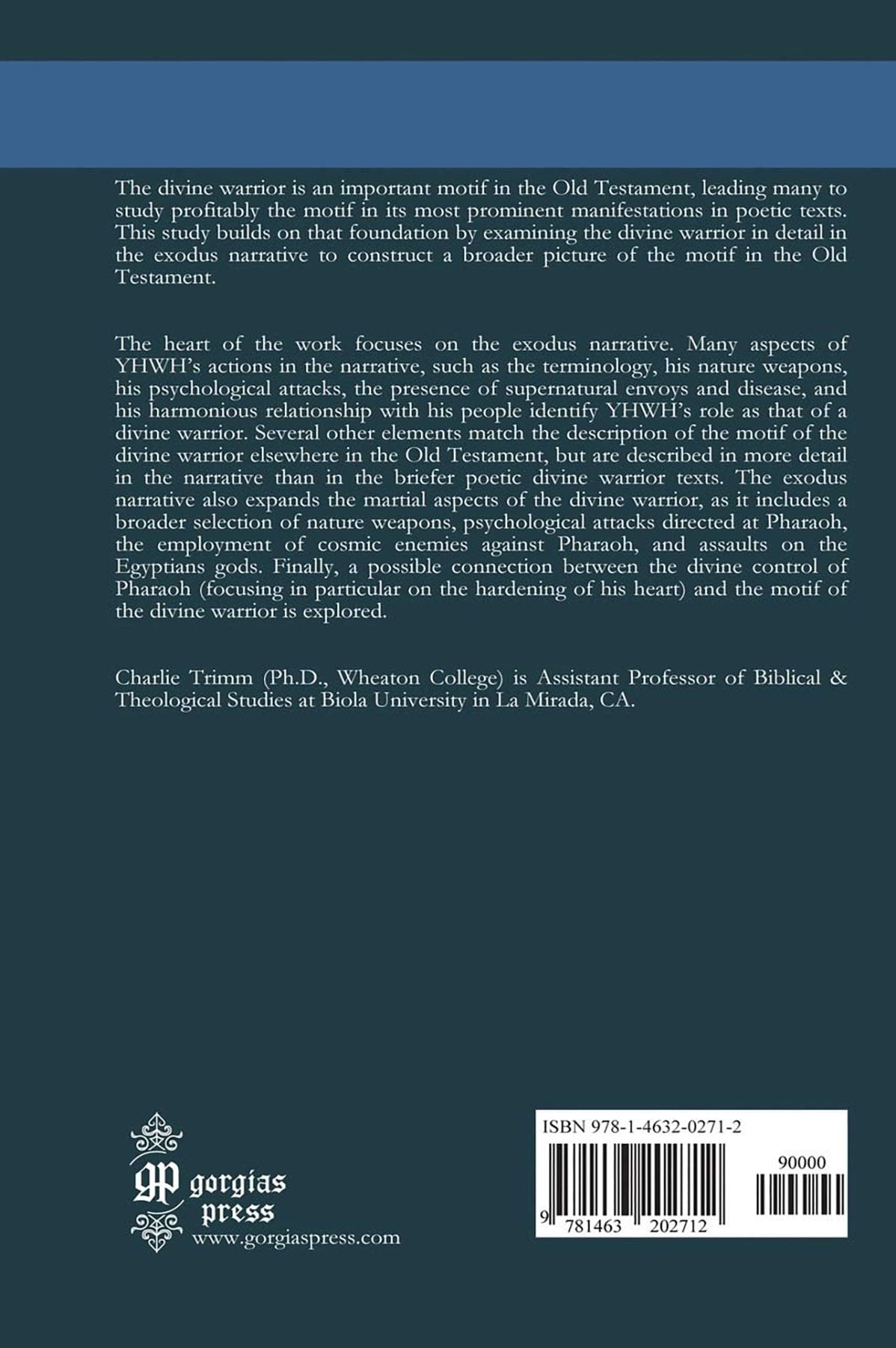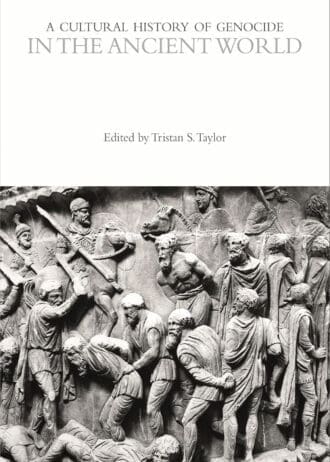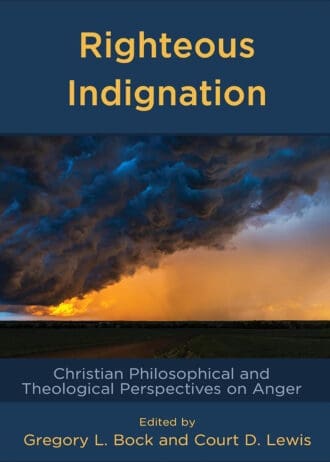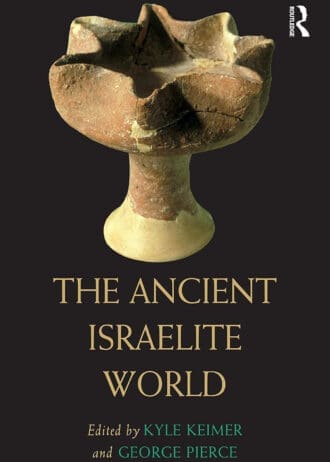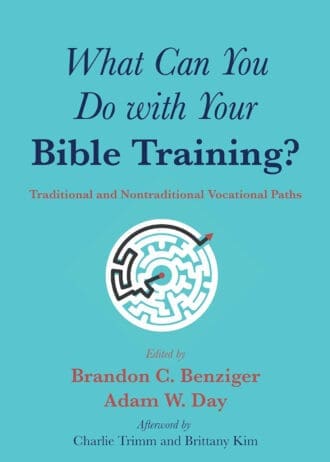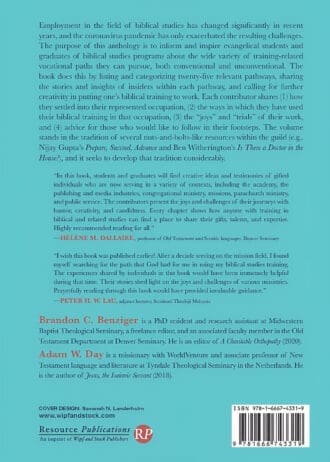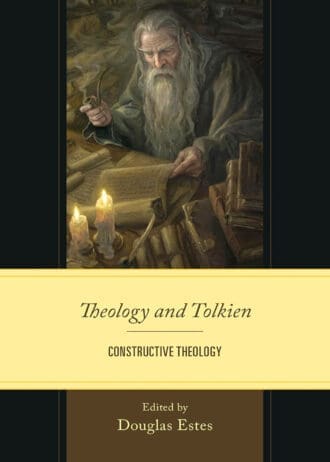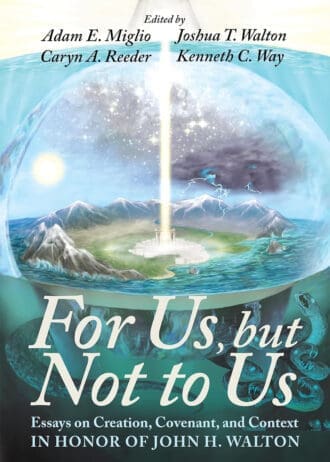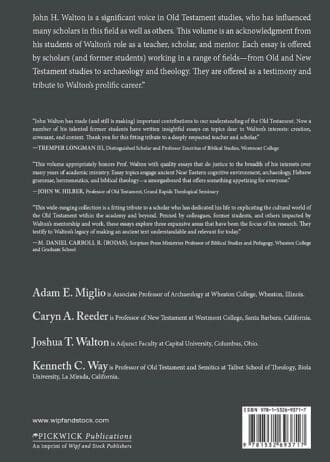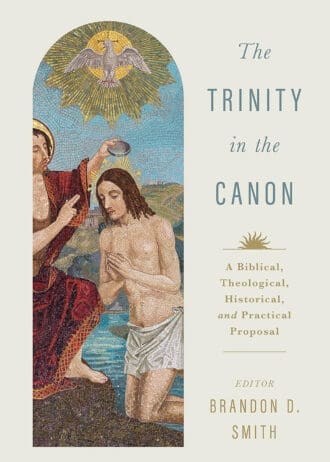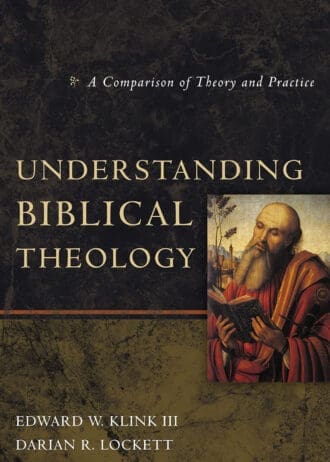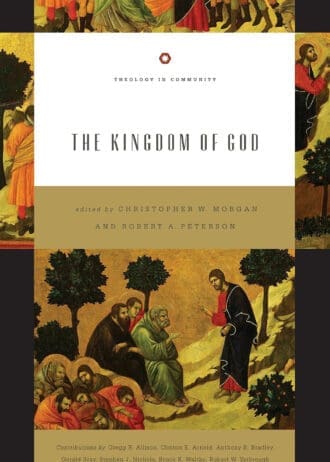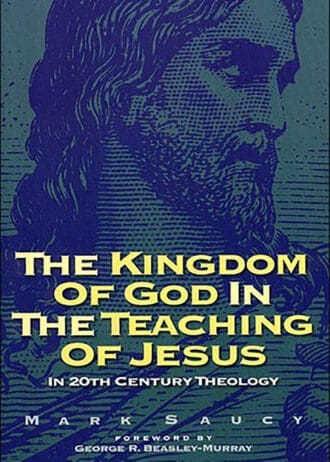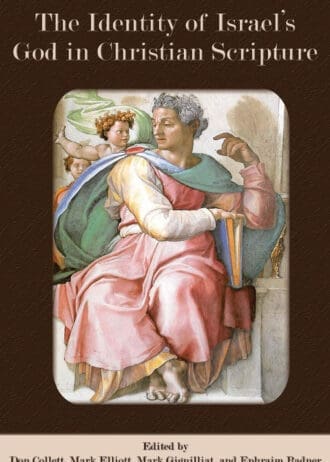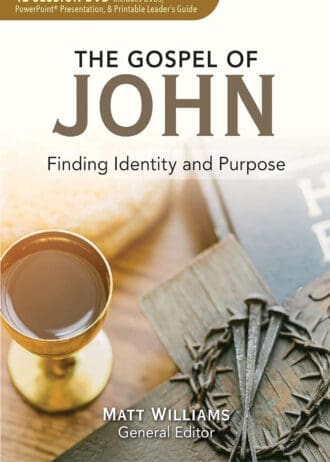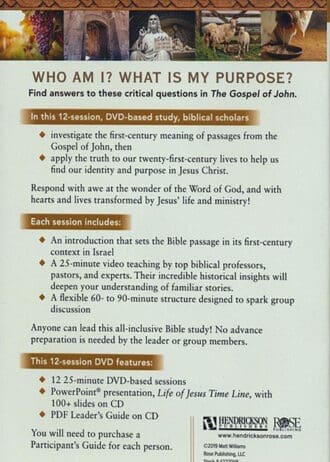The divine warrior is an important motif in the Old Testament, leading many to study profitably the motif in its most prominent manifestations in poetic texts. This study builds on that foundation by examining the divine warrior in detail in the exodus narrative to construct a broader picture of the motif in the Old Testament. The heart of the work focuses on the exodus narrative. Many aspects of YHWH’s actions in the narrative, such as the terminology, his nature weapons, his psychological attacks, the presence of supernatural envoys and disease, and his harmonious relationship with his people identify YHWH’s role as that of a divine warrior. Several other elements match the description of the motif of the divine warrior elsewhere in the Old Testament, but are described in more detail in the narrative than in the briefer poetic divine warrior texts. The exodus narrative also expands the martial aspects of the divine warrior, as it includes a broader selection of nature weapons, psychological attacks directed at Pharaoh, the employment of cosmic enemies against Pharaoh, and assaults on the Egyptians gods. Finally, a possible connection between the divine control of Pharaoh (focusing in particular on the hardening of his heart) and the motif of the divine warrior is explored.
A Cultural History of Genocide in the Ancient World
The preamble to the United Nations Convention on the Prevention and Punishment of the Crime of Genocide recognizes “that at all periods of history genocide has inflicted great losses on humanity”. Studies of the phenomenon of genocide have, however, tended to concentrate on the modern world. The original contributions in this volume turn the focus to the question of genocide and mass violence in the ancient world, with a particular emphasis on the worlds of Greece, Rome and the Near East. This volume presents a range of views on the challenges of applying the modern concept of “genocide” to an ancient context. It also considers the causes, motivations, and justifications of ancient mass violence, as well as contemporary responses to, and critiques of, such violence, along with how mass violence was represented and remembered in ancient literature and iconography. In addition, chapters analyse what drove the perpetrators of mass violence, and the processes of victimization, as well as the consequences of mass violence and ravaging warfare, including in particular mass enslavement and sexual violence.
Biola University Contributor:
Charlie Trimm – “Causes of Genocide”


